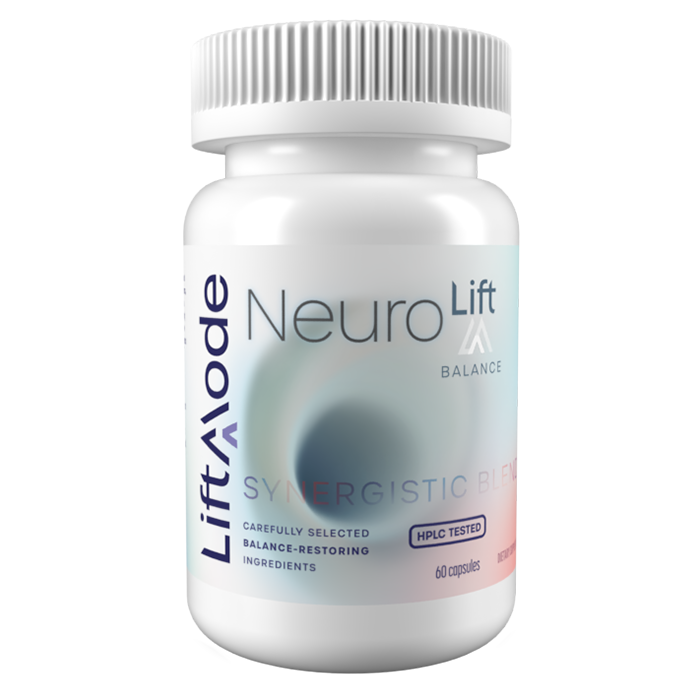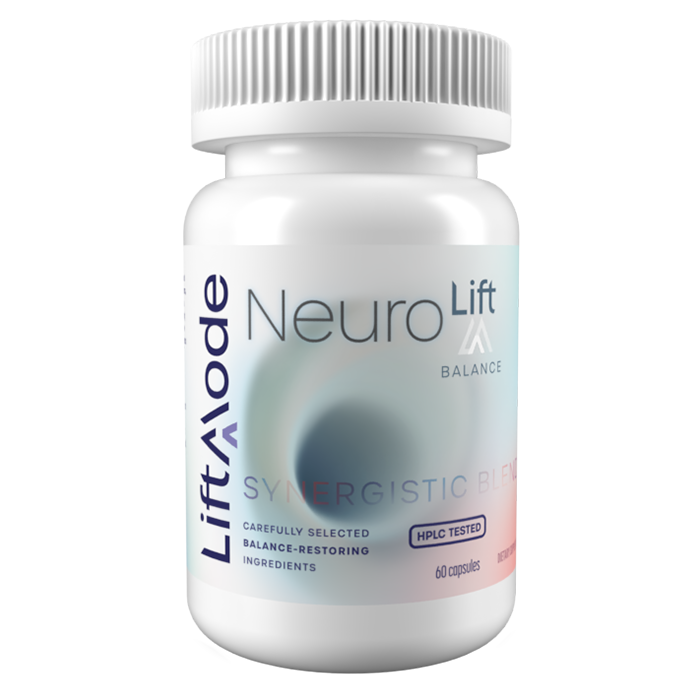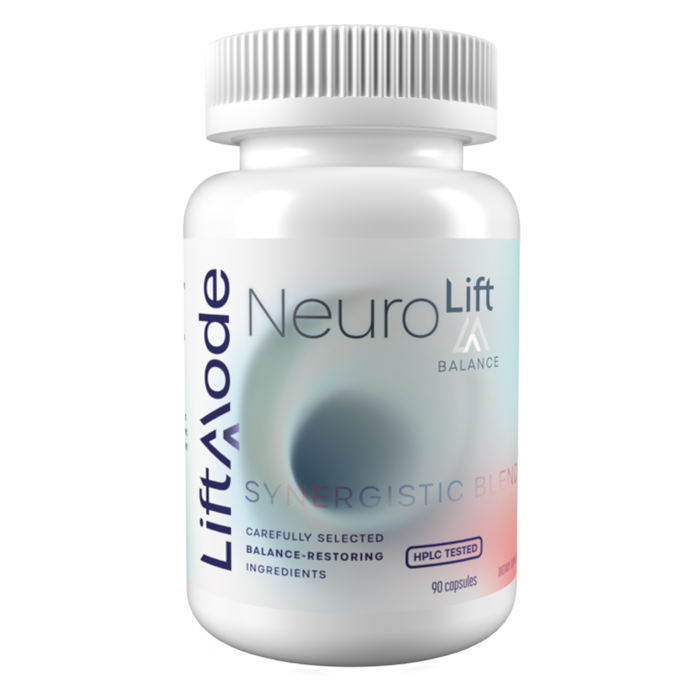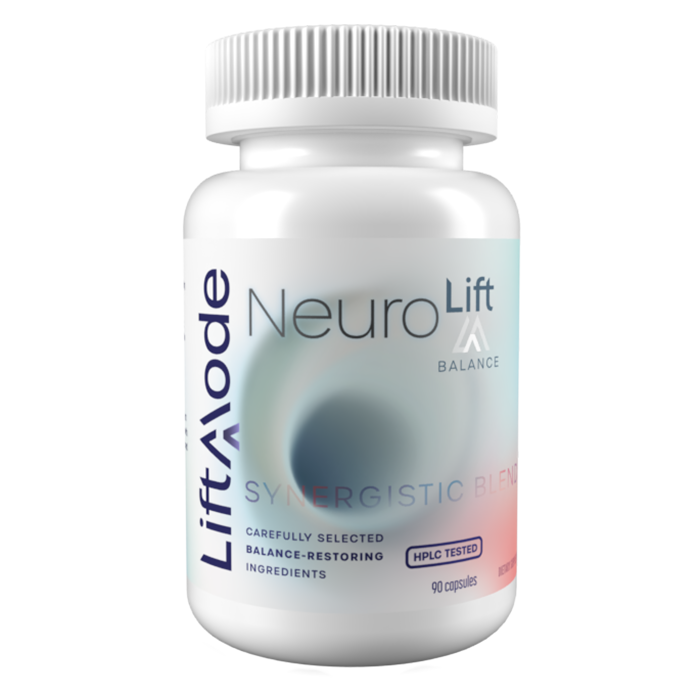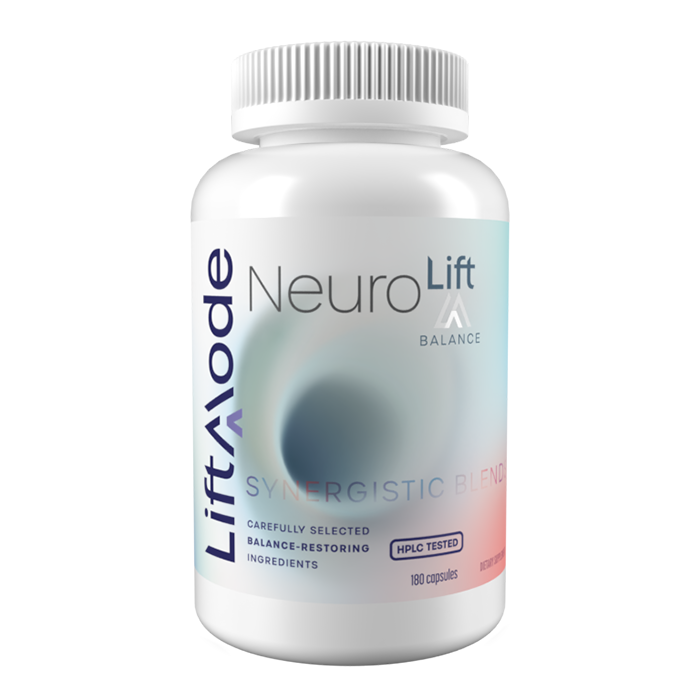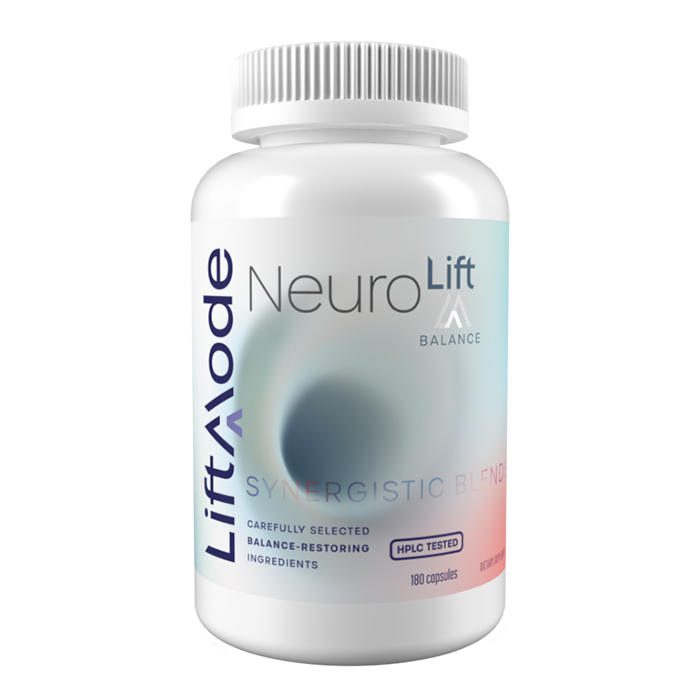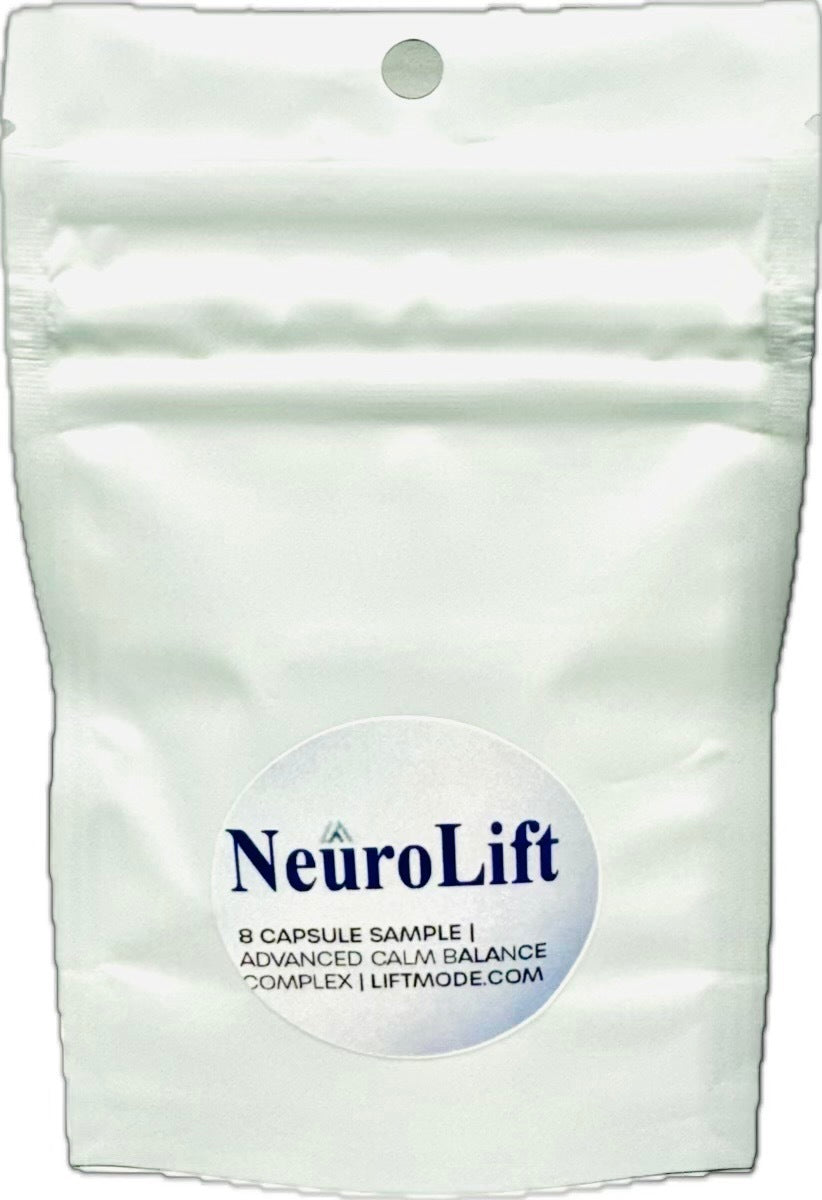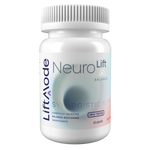-
Free from additives and fillers
-
Gluten Free
-
HPLC Lab tested
-
Non-GMO
-
Science backed
-
Vegan
Scientifically Tailored Ingredients
Agmatine Sulfate
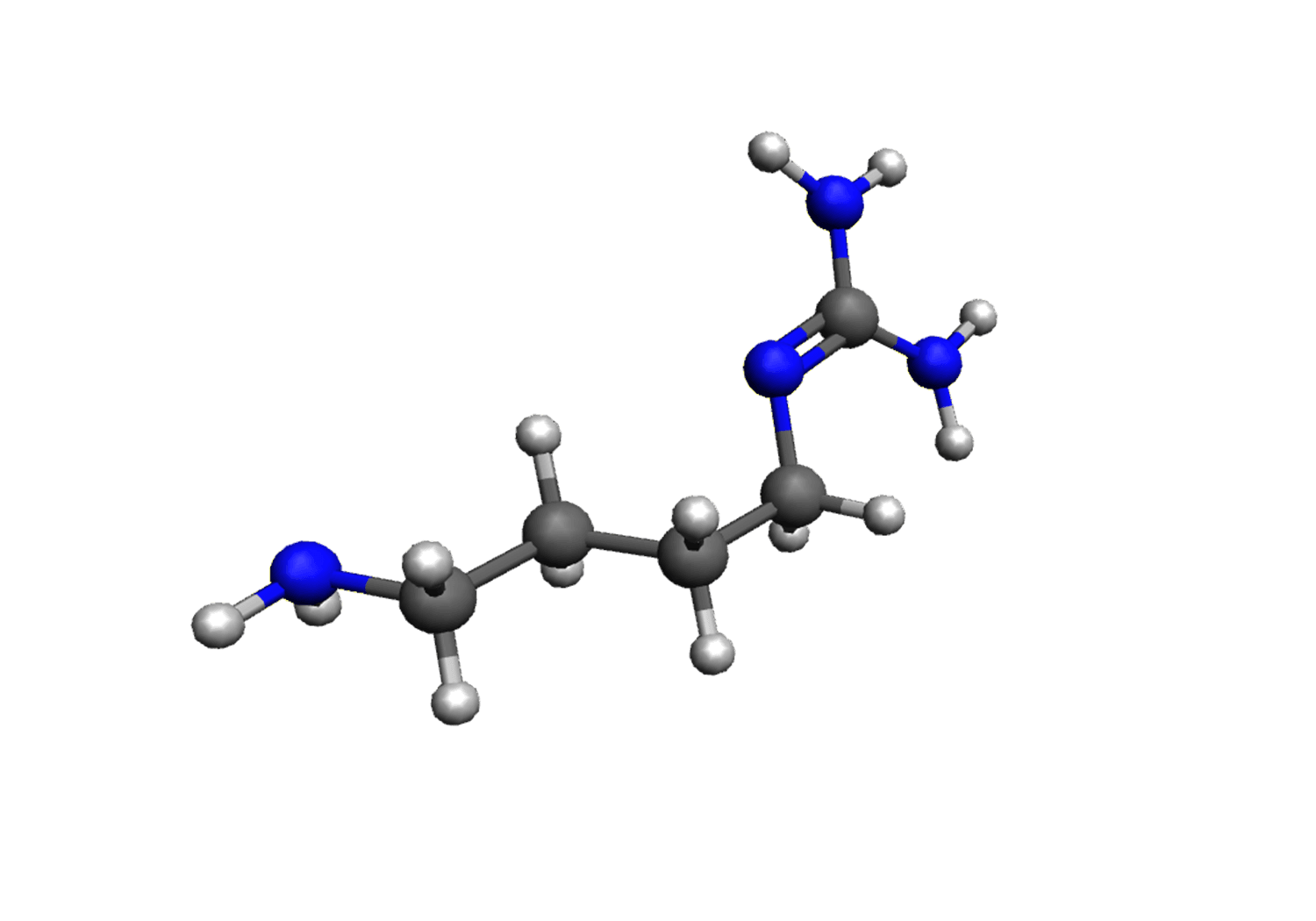
Agmatine Sulfate
Agmatine is a naturally occurring biogenic compound that is derived from an essential amino acid known as L-Arginine. It is used for its benefits on mood and cognition. Agmatine Sulfate is used as a dietary supplement for its improvements in cognitive health, fitness performance, and intra-workout energy. * Supports Cognitive Health * Helps Reduce Stress and Promotes a Positive Mood * Fitness Performance
DL-Phenylalanine

DL-Phenylalanine
DL-Phenylalanine is the racemic form of Phenylalanine, an essential amino acid that serves as an indispensable building block for the innumerable proteins that are produced in the body, and is thus used as a dietary supplement ingredient. Phenylalanine is also a crucial precursor to the catecholamines, dopamine and norepinephrine, which are necessary for the normal functioning of the central nervous system, including healthy mood, alertness and motivation. - Supports a Healthy Nervous System - Keeps a Lid on Appetite - Lifts Mood, Motivation and Drive
L-Tyrosine

L-Tyrosine
Tyrosine is a naturally occurring amino acid that is derived from another amino acid; Phenylalanine via biosynthesis. It helps promote the production of dopamine, adrenaline (as well as noradrenaline), and melanin. L-Tyrosine can be used for improving cognitive function, stress management, and healthy mood. - Improves Mood - Boosts Cognition - Combats Fatigue
NALT (N-Acetyl L-Tyrosine)

NALT (N-Acetyl L-Tyrosine)
NALT (N-Acetyl L-Tyrosine) is an acetylated form of the essential amino acid L-Tyrosine which has an additional active compound; acetic acid. The acetic acid within NALT helps to increase the bioavailability of the contained L-Tyrosine when taken orally as a supplement. NALT has a wide variety of very powerful health benefits. NALT improves the biosynthesis of norepinephrine and dopamine which is known to maintain a healthy mood, reduce stress and sharpen cognition & memory. NALT may also indirectly support a healthy libido and remove harmful metals (such as mercury) from the body. - Improves Cognition - Sharpens Memory - Boosts Focus & Energy Levels
L-Tryptophan

L-Tryptophan
L-Tryptophan plays a role in mood, appetite, and restful sleep, and is used as a dietary supplement ingredient. L-Tryptophan is an essential amino acid that is necessary for the normal functioning of the central nervous system, and functions as a building block for numerous proteins that are produced in the body. - Uplifts Mood - Essential Amino Acid - Promotes Healthy Sleep
Triacetyluridine (TAU)

Triacetyluridine (TAU)
Triacetyluridine is a naturally-occurring compound and precursor to the nucleoside Uridine (pictured to the left). Uridine plays an important role in cellular signaling, and supports both CDP-Choline and dopamine levels in the brain. For this reason, Triacetyluridine is becoming a sought after dietary supplement for its perceived effect in boosting cognitive function, memory and mood. - Promotes Healthy Memory and Cognition - Potent Neuroprotective Benefits - Supports a Positive Mood
Collapsible content
References
References
